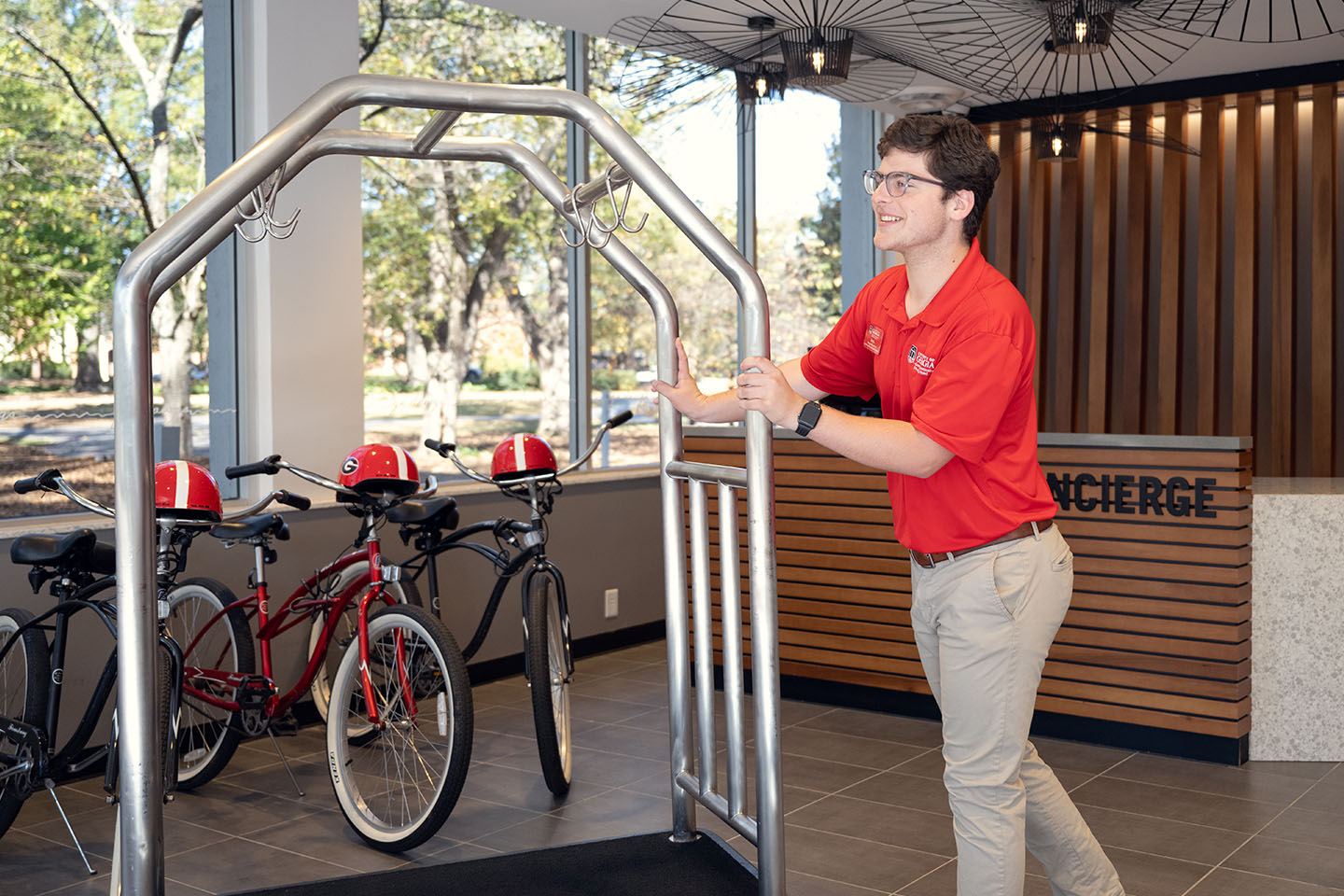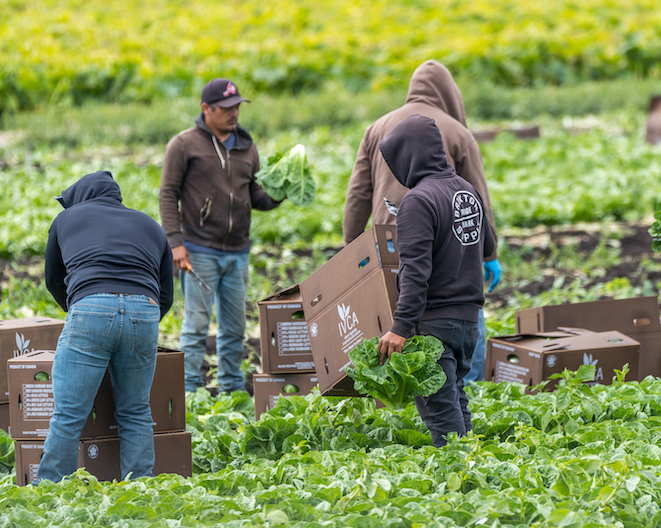 CAES News
CAES News
UGA Economic Impact
The University of Georgia’s economic impact on the state surged to a record $8.1 billion in 2023, according to a new study that measures the value of the university’s teaching, research and public service. Growth in the number of alumni at the undergraduate and graduate levels, a thriving research and innovation ecosystem and award-winning public service and outreach programs all contributed to the record level of impact by Georgia’s flagship institution of higher education.









